Dharamshala, 23rd November: In the face of mounting opposition from international politicians and human rights organizations, China is defending the candidacy of a top public security official for Interpol’s executive committee, fearing that his election will put thousands of Chinese political dissidents overseas in danger. Hu Binchen, an Interpol officer, is one of three candidates running for two seats on the 13-member committee that sets Interpol’s policy and direction and oversees the work of its general secretariat. Hu will face two candidates from Singapore and India in the one-country, one-vote polls, which will take place in Turkey’s capital, Ankara, from Tuesday to Thursday.
Interpol, a 194-member worldwide police network, manages a multitude of databases that collect information that is exchanged across agencies in order to take action against terrorists and fugitives, such as fingerprints, DNA, and facial recognition data. It also manages the “red notice” procedure, which involves demands to “identify and temporarily detain a subject pending extradition.”
Last Monday, fifty legislators from 20 countries, including Senator Marco Rubio of Florida and Rep. Mike Gallagher of Wisconsin, as well as MPs from the United Kingdom, Australia, and the European Parliament, wrote to their governments encouraging them to oppose Hu’s election.
Hu’s election would “give the green light” to China’s government to “continue their manipulation of Interpol,” putting the lives of tens of thousands of Hong Kongers, Uyghurs, Tibetans, Taiwanese, and Chinese dissidents living overseas in jeopardy.
The letter noted the detention of an Uyghur activist, Idris Hasan, by Moroccan authorities in July under a “since erased” Interpol red notice requested by China, according to the Inter-Parliamentary Alliance on China, an international group of legislators.
China has backed Hu, the deputy director-general of the Public Security Ministry’s foreign cooperation department, in his election bid.
In a statement, Interpol stated that no member state may exert political influence over it and that it had given “a neutral platform for police to work directly with their counterparts, even between countries with no diplomatic relations.”

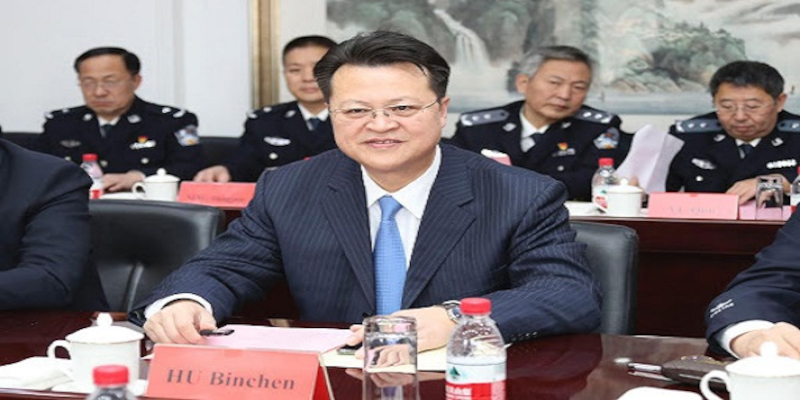
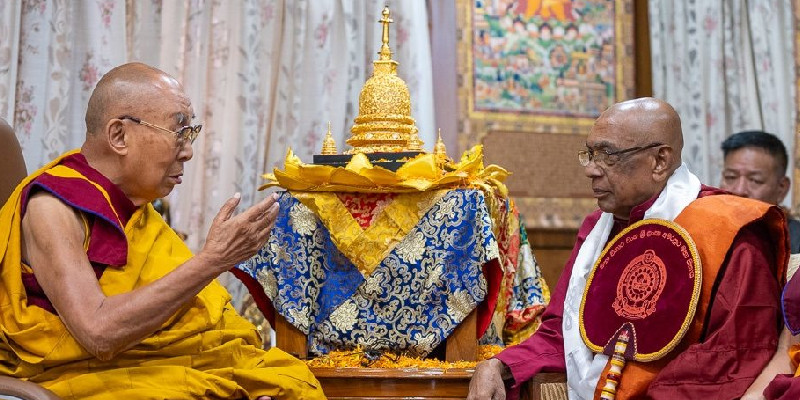
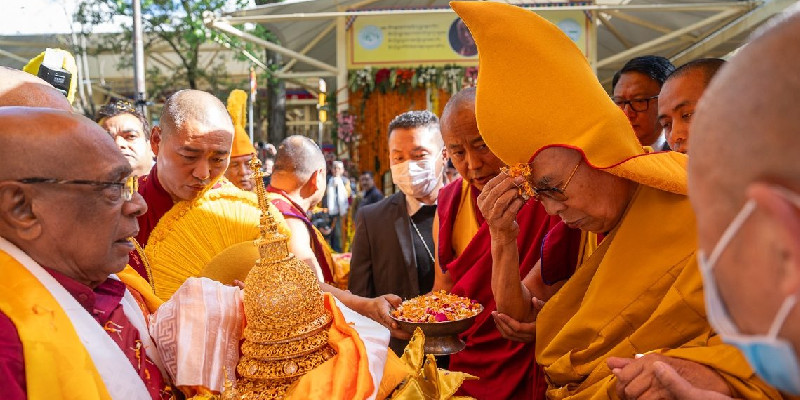
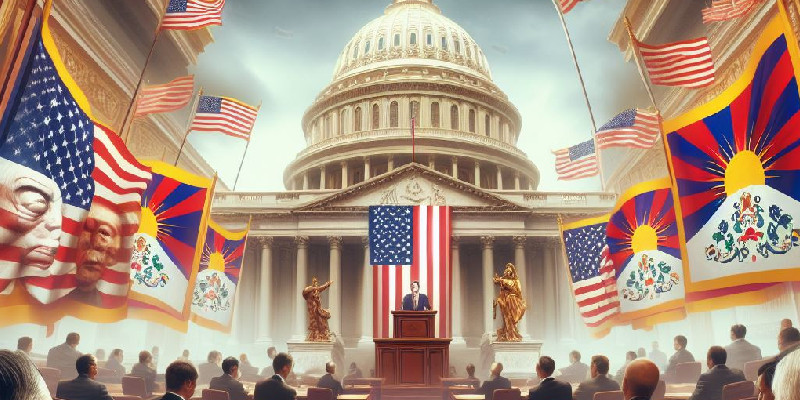
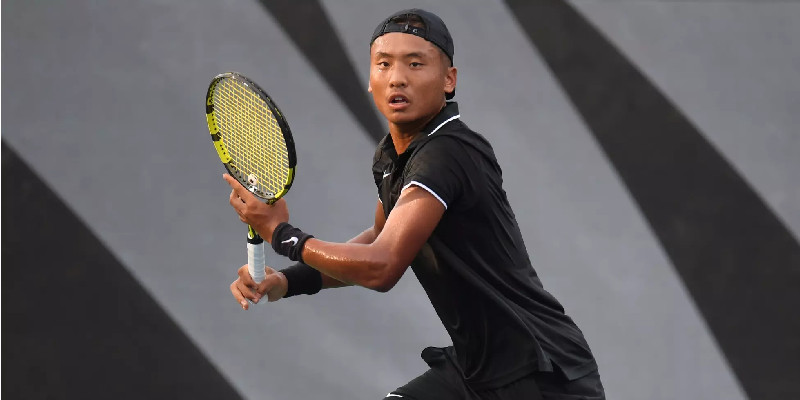
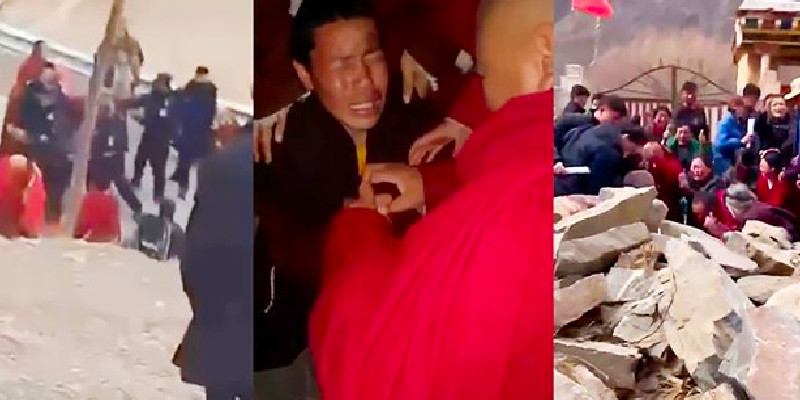
Leave a Reply